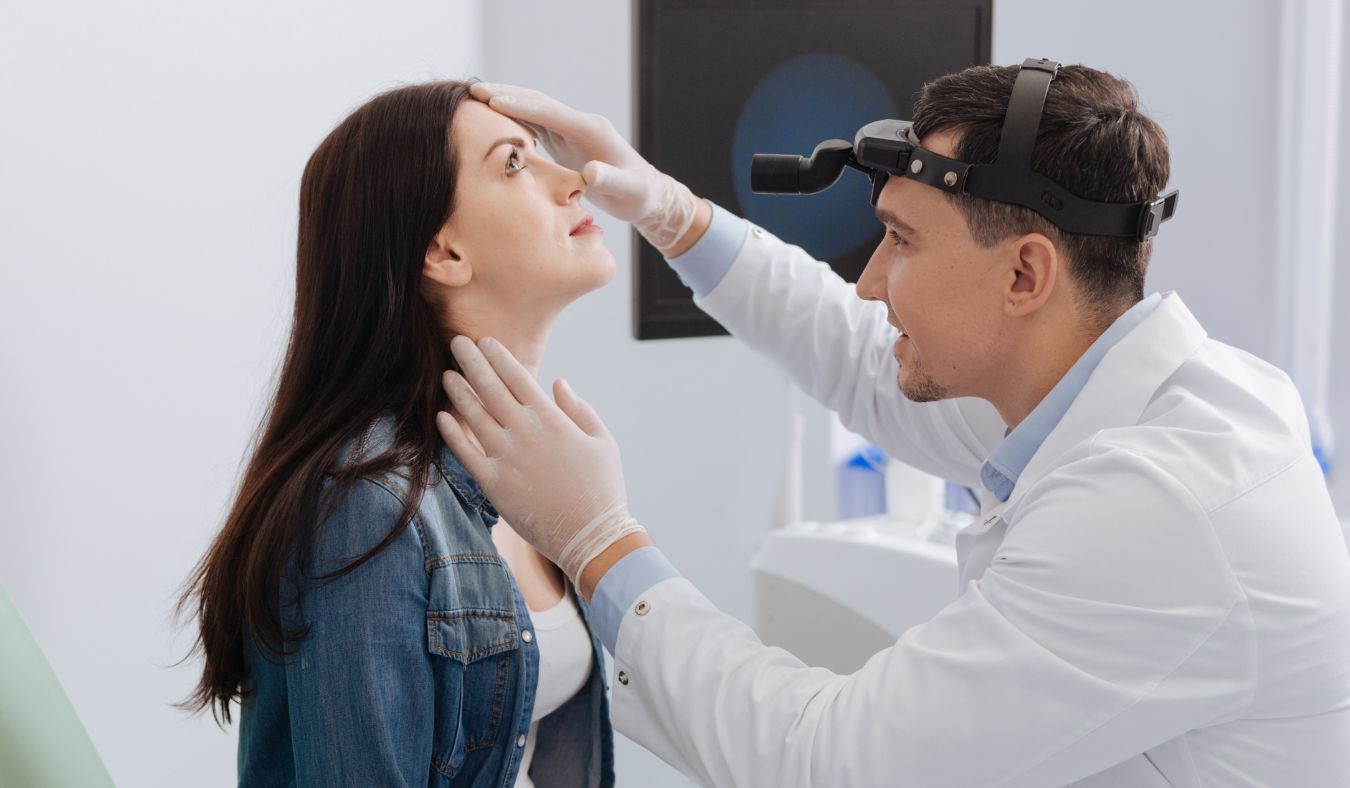Surgical Options for Severe Hearing Loss
Severe hearing loss affects millions of people and can influence daily


Severe hearing loss affects millions of people and can influence daily

Ear infections and fluid buildup are issues that can occur at any age,

Have you ever considered how your daily food choices might influence your